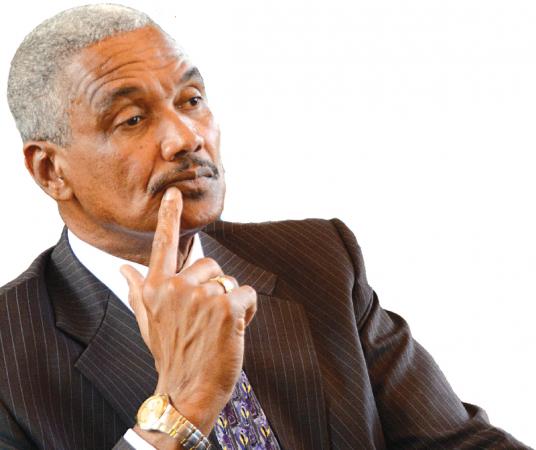
I’m usually wary when people in the political class keep repeating the mantra that a program they’ve designed worked as planned but the country just needs more of it.
And just more resources (taxpayer money) are required for the bureaucracy to solve all our problems.
The myth being created that a certain program constructed by a political party to fight crime was dismantled just doesn’t make sense when the department responsible for the activities advised that the budget and number of centers in vulnerable areas were increased, with some $14 million being budgeted and/or spent on it between 2006 and the budget for the fiscal year ending 2012.
Other things don’t add up either. Reports and press releases suggest that crime statistics for the years 2005 and 2006 show reductions in total crimes reported as a result of this politically constructed program.
But these claims are questionable at best.
Crime overall has reduced since 1992 and it seems total crimes reported in 2001 with no special program were about as low as 2005 and 2006 when it existed.
A few questions arise that deserve consideration:
What was the overall economic performance of the country in the years crime was lower?
What was unemployment in those years?
Were the crime statistics in 2005 and 2006 manipulated? Indications are that crimes under $500 were not reported during those years?
How many crimes were thwarted as a result of this famous program?
Can we get a demographic breakdown of where crimes were committed?
Suggestions have been made that most crimes during 2005 and 2006 were committed in those areas where the special offices are located.
How about a list of what crimes are committed – that is, armed robbery, housebreaking, drugs, etc.?
What about crime related to the drug trade? Should we legalize drugs?
Until all the details are released and a proper study is completed providing these answers and more, it seems the nation is stuck with what “he say” or “they say” for answers. Can the police be more forthcoming with information?
Maybe organizations like Rev. C.B. Moss’, Bahamas Against Crime and other neighborhood watch associations can assist with the establishment of local groups with the interested neighbors in the affected areas?
Can the concerned citizens living in the most affected areas build trusting relationships with the police, and vice versa, and start reporting crimes and suspicious individuals instead of waiting for the political class to solve the problem?
Will this produce some positive results as seen in other countries?
Of course the political class and police must provide encouragement and law enforcement should receive resources they need, but outside of that, individuals, churches, Junkanoo and other community groups should step up to the plate and help resolve the crime problems in our neighborhoods.
Even if it means pimping on their friends or family members.
Having said all that I’m not a sociologist or a psychiatrist, but I know the rhetoric we’re getting is not the solution.
If political parties must get involved all they need to do is agree that crime is a national issue that affects all Bahamians, FNMs and PLPs alike, and work together for possible solutions.
How about hiring private security companies and deputizing their officers to patrol areas?
Maybe a joint political rally on crime? There would be lots of people there at least.
How about starting neighborhood crime watches in constituency offices?
It’s up to us as individuals to help find solutions because the country deserves more than cute slogans to help solve such an important issue.
Rick Lowe


